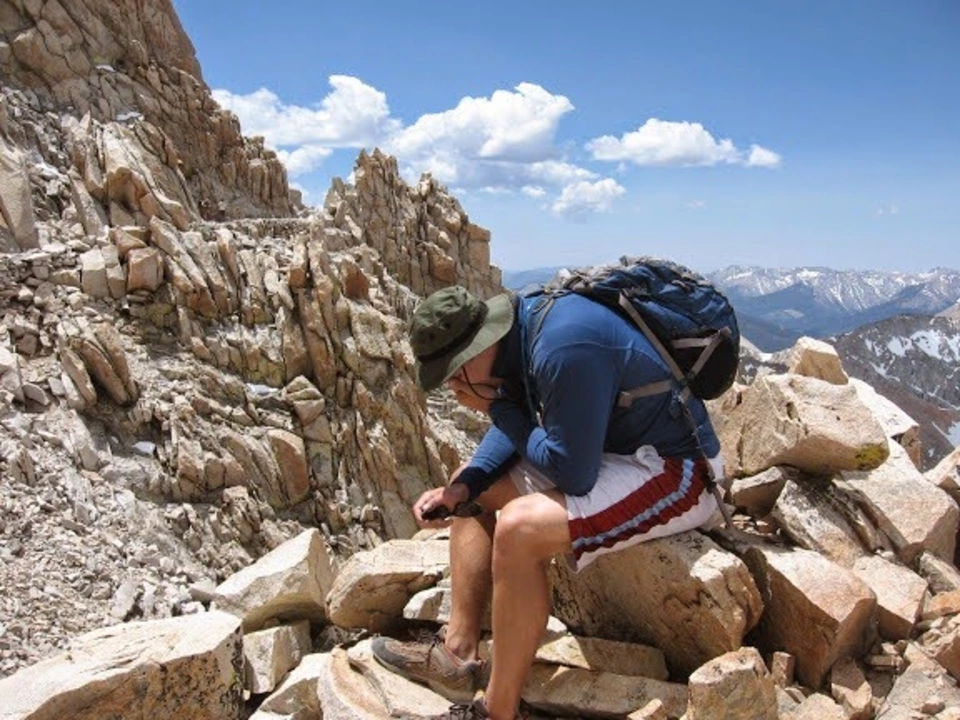Sleep: Practical Tips, Meds, and When to Seek Help
Having trouble sleeping? You’re not alone. This page collects clear, useful posts about sleep problems, medications that affect sleep, and straightforward fixes you can try tonight. Read the quick tips below, then follow links to detailed articles when you want specifics.
Simple habits that help
Stick to a sleep schedule: go to bed and wake up at the same time every day, even weekends. Make your bedroom dark, quiet, and cool. Put your phone away at least 30 minutes before bed—bright screens trick your brain into staying alert. Limit caffeine after mid-afternoon and avoid heavy meals within two hours of bedtime. Try a short wind-down routine: light stretching, deep breathing, or reading for 10–20 minutes.
Medications and sleep
Some medicines make you sleepy; others cause insomnia. Antihistamines like cetirizine can sometimes help with nighttime itching but may not improve sleep quality. Antidepressants such as bupropion (Bupron SR) often affect sleep differently—some people feel more awake, others sleep poorly. Migraine drugs, antibiotics, thyroid medicines, and even diabetes drugs can change your sleep pattern. If a new drug messes with your sleep, ask your prescriber about timing, dose changes, or alternatives. Never stop prescription medicine without checking with your doctor.
If you’re using sleep aids, keep them short-term. Over-the-counter sleeping pills help occasionally but can cause next-day grogginess. Prescription options can be effective but carry risks and should be monitored by a clinician.
Nighttime symptoms deserve attention. If you're waking gasping for air, snoring loudly, or feeling extremely tired during daytime despite enough hours in bed, you might have sleep apnea. If you regularly can't fall asleep for more than 30 minutes or wake up multiple times per night for months, talk to a healthcare professional about insomnia therapies, including cognitive behavioral therapy for insomnia (CBT-I).
Small health steps that improve sleep: exercise most days but not right before bed, reduce alcohol in the evening, and limit naps to 20–30 minutes earlier in the day. Manage pain, heartburn, or bladder symptoms before bedtime to avoid frequent waking. For shift workers, use blackout curtains and try to keep a consistent routine on workdays.
When to seek help: persistent sleep loss affecting mood, memory, work, or relationships; falling asleep while driving; or symptoms of underlying medical conditions like thyroid imbalance or respiratory problems. Your pharmacist can flag drug interactions that affect sleep and suggest safer alternatives found on this site.
Want practical reads? Check our guides on medicines that change sleep, tips for insomnia, and ways to stack pharmacy coupons to afford your prescriptions. Sleep better by fixing routines first, then use medicines only when needed and with a healthcare plan.
Quick checklist: track sleep hours for two weeks, note medicines and alcohol use, try two habit changes at a time, and bring your notes to a pharmacist or doctor. For step-by-step help, explore our articles on sleep-friendly medication choices, insomnia strategies, and pill cost savings to keep treatment steady and affordable. Start today now.
The Connection Between Sleep and Mountain Sickness
As a frequent traveler and blogger, I've recently discovered the fascinating connection between sleep and mountain sickness. It turns out that lack of proper sleep can contribute to the development of Acute Mountain Sickness (AMS), which can disrupt our adventures in high altitudes. Adequate sleep is essential for our bodies to acclimatize and adjust to the lower oxygen levels at higher altitudes, helping to prevent AMS. In my experience, it's crucial to prioritize good sleep hygiene when planning a mountain trip, including gradual ascent and staying well-hydrated. So next time you're headed for the hills, remember to catch those Z's to keep mountain sickness at bay!
